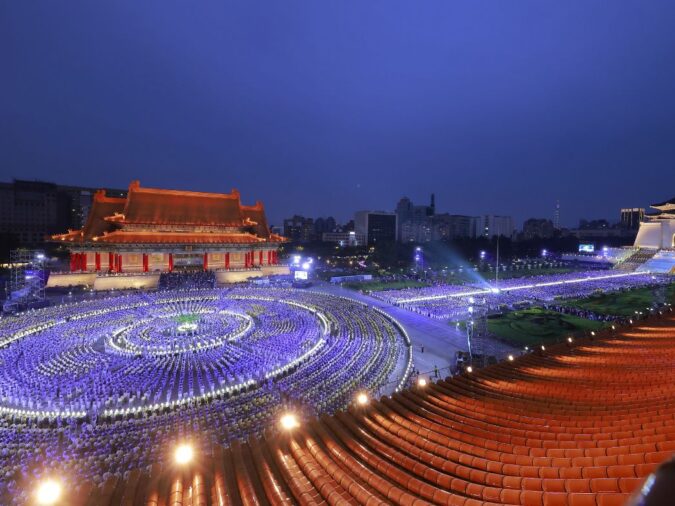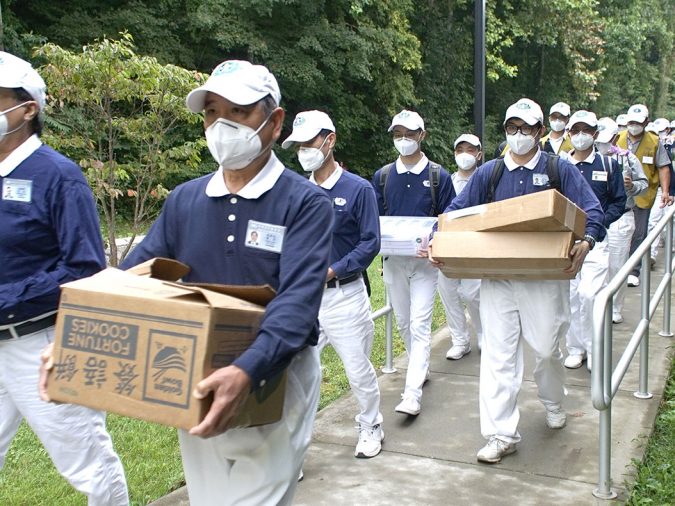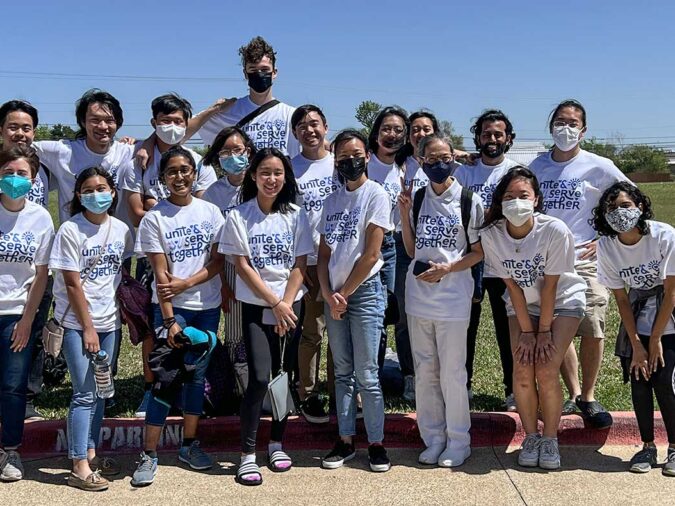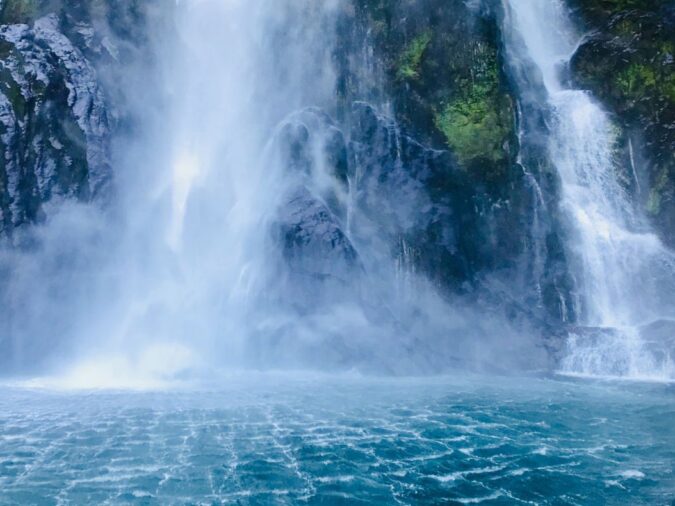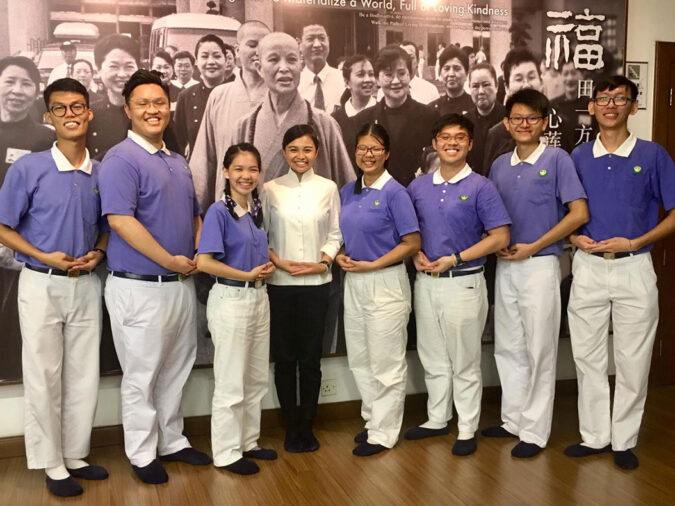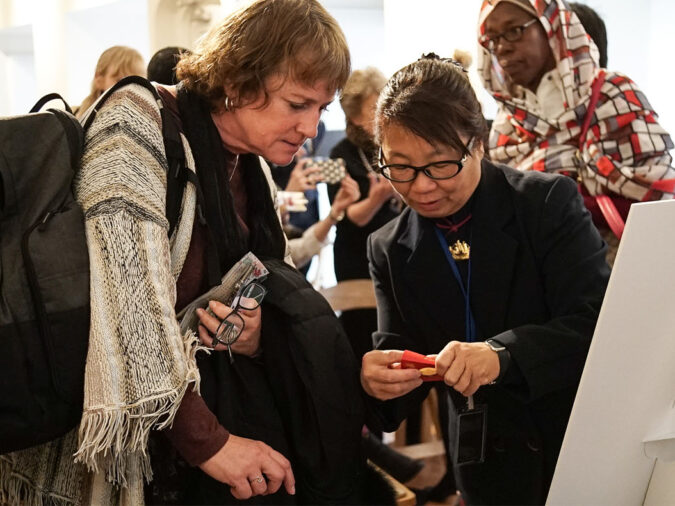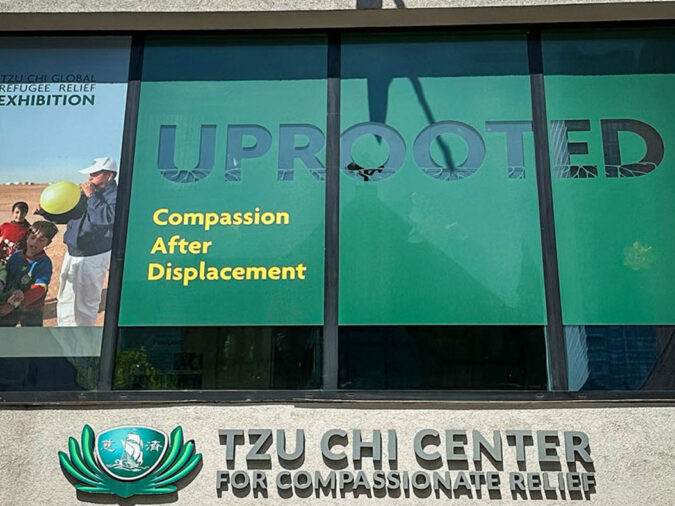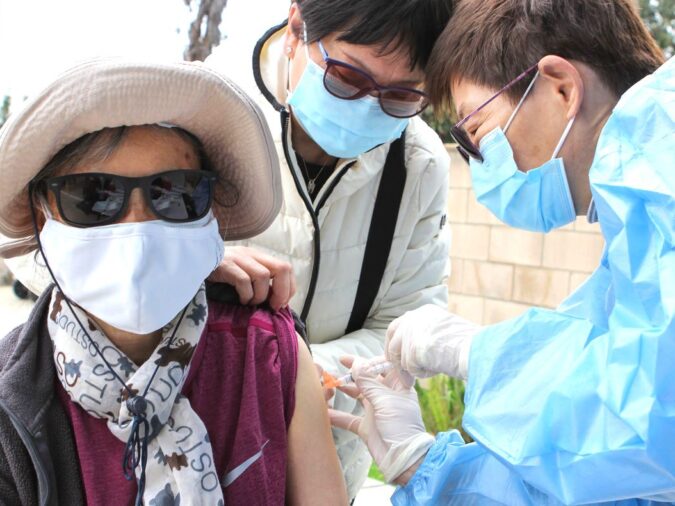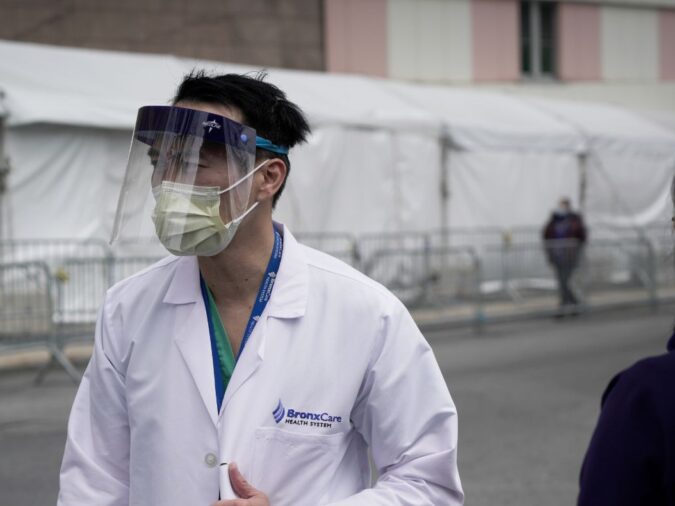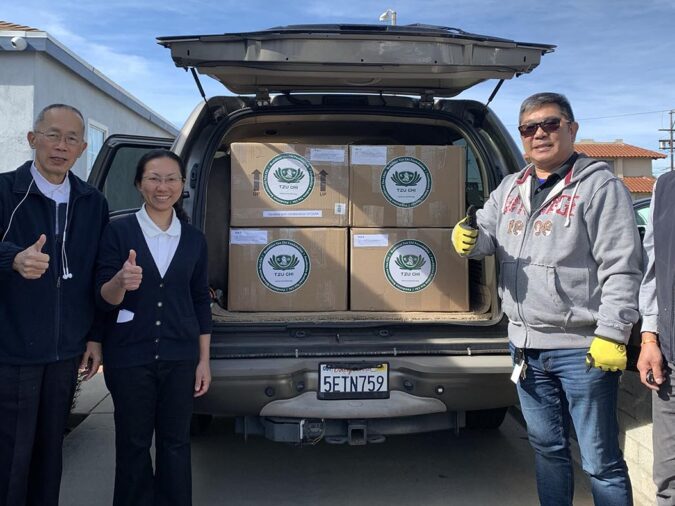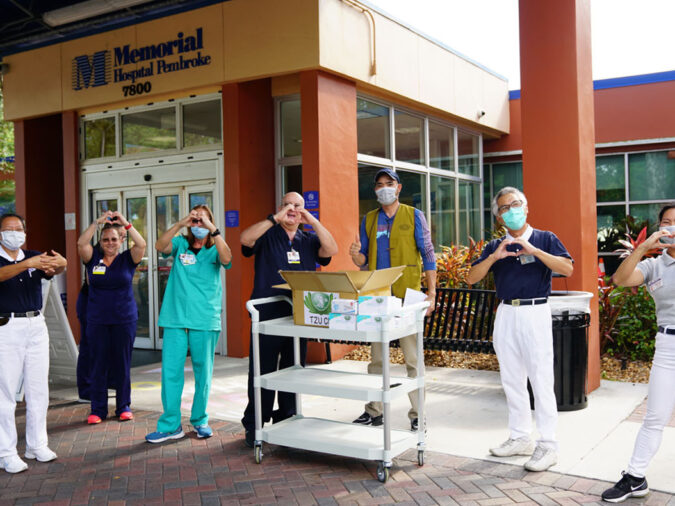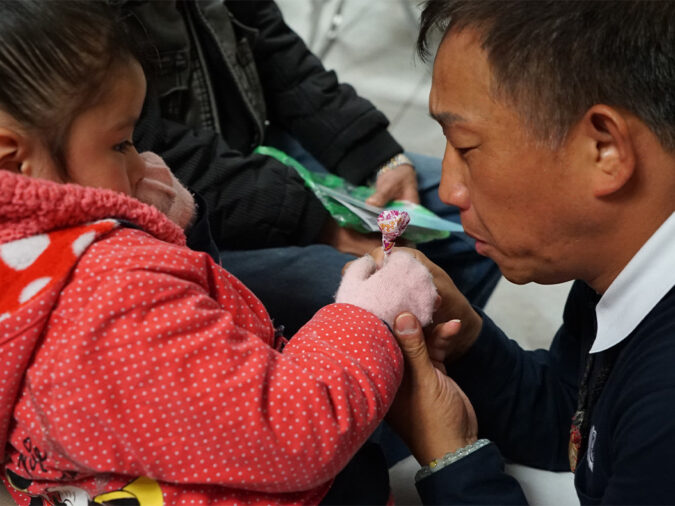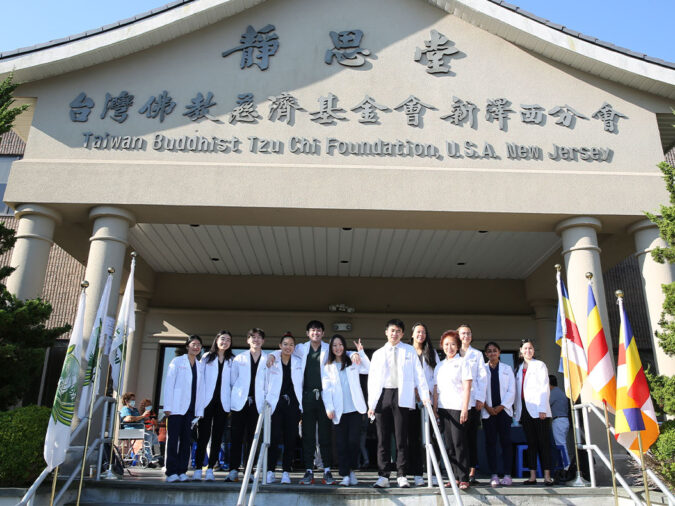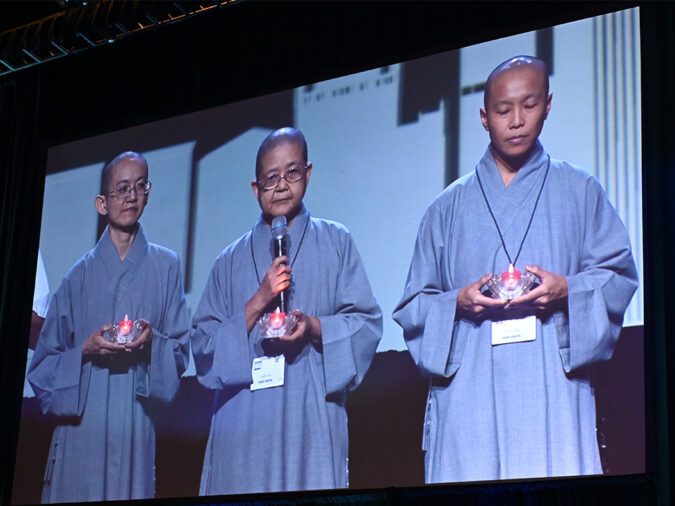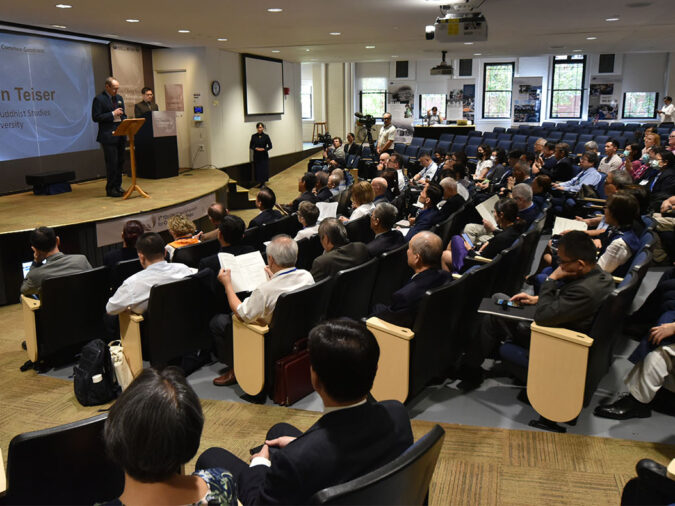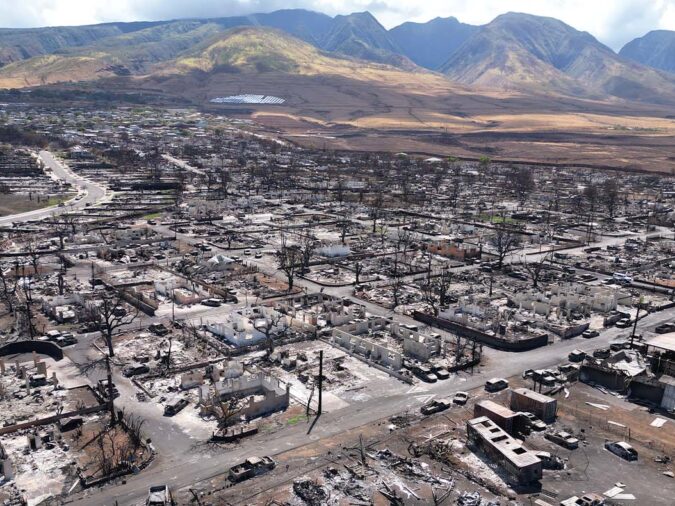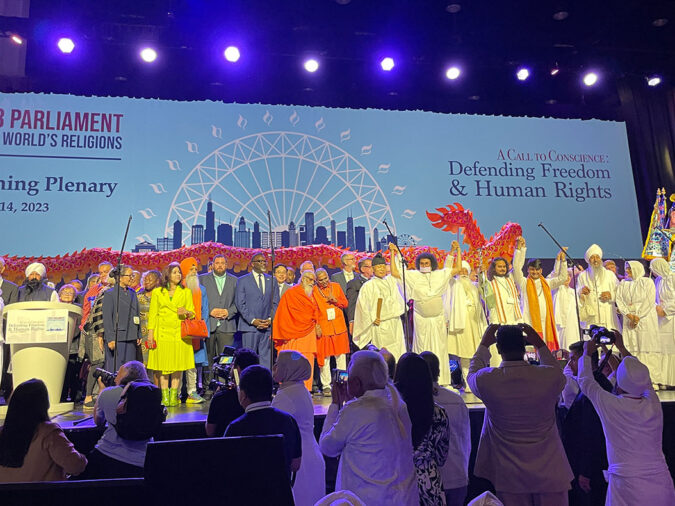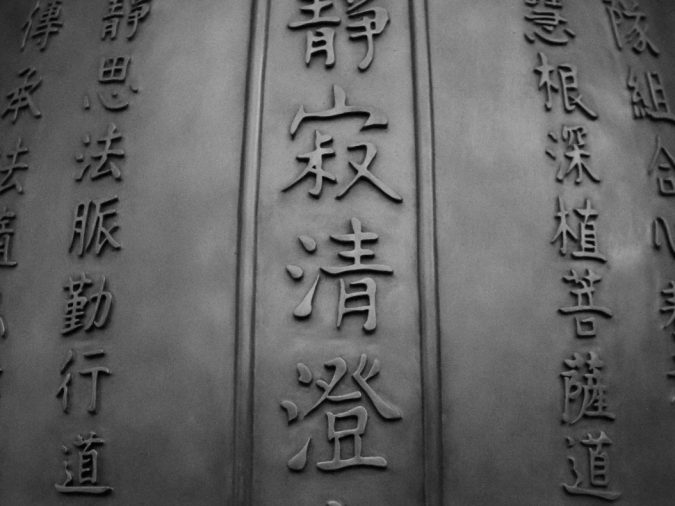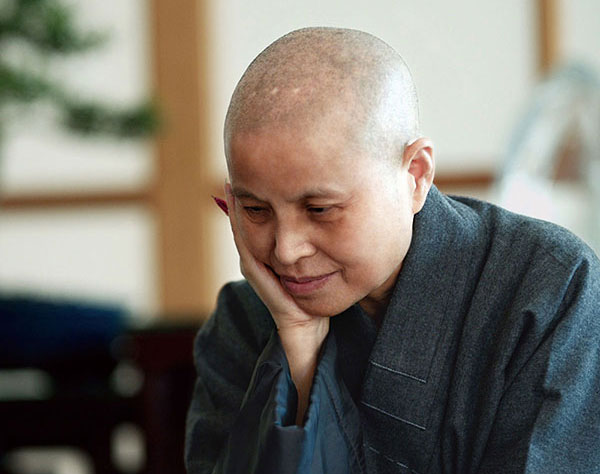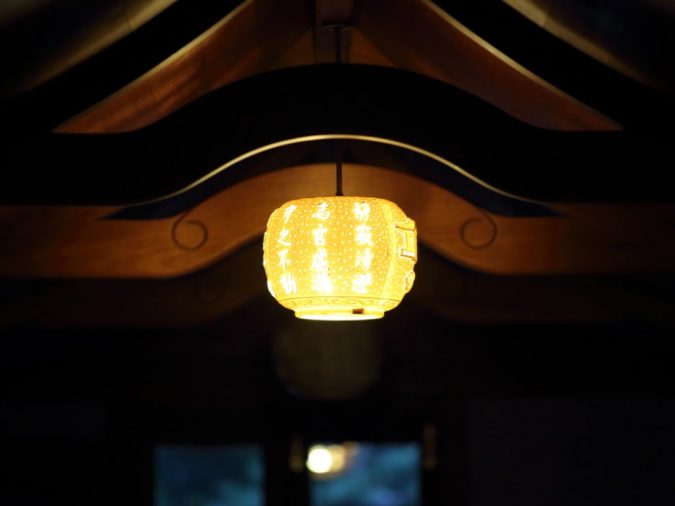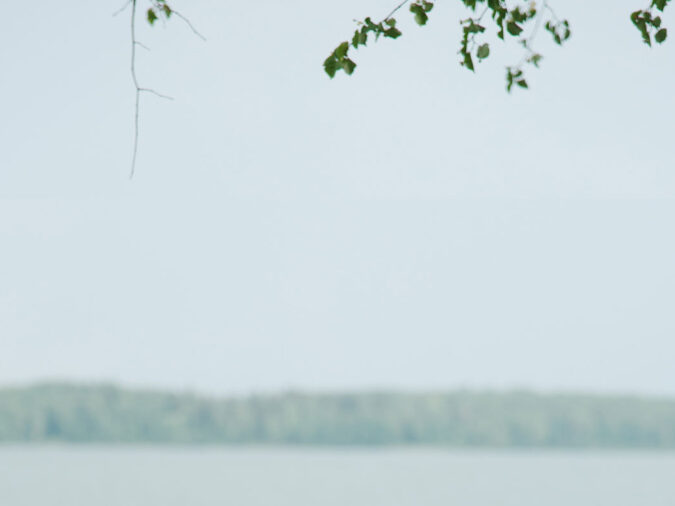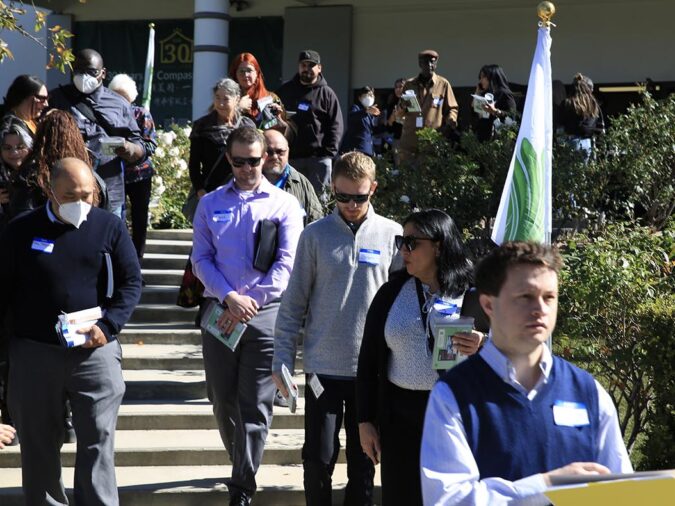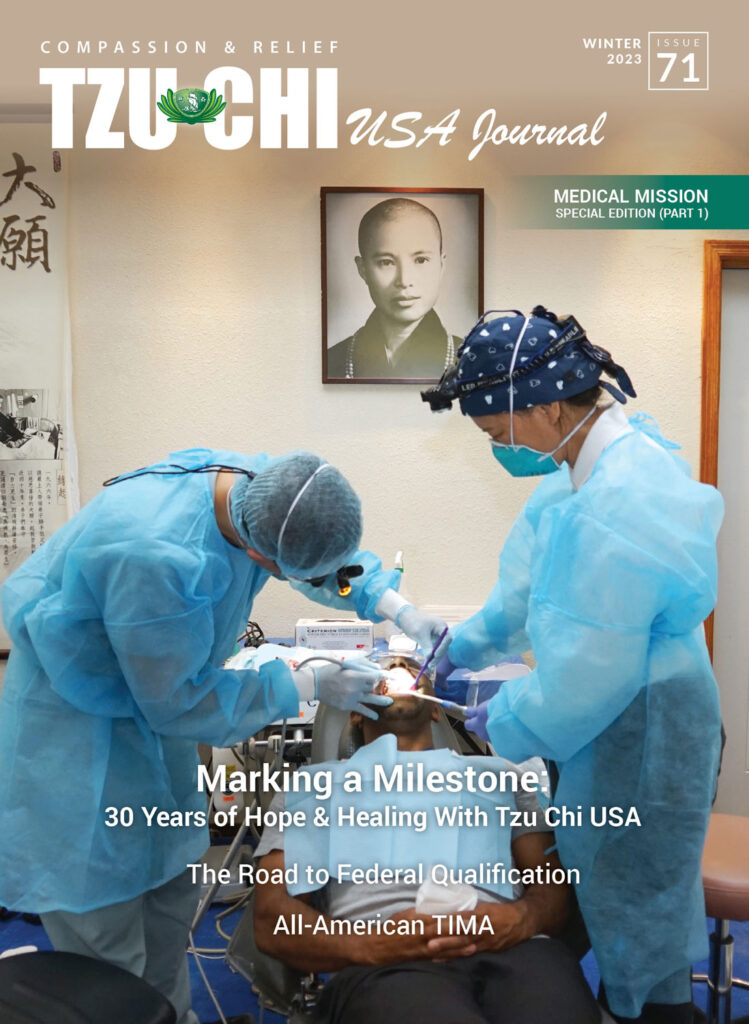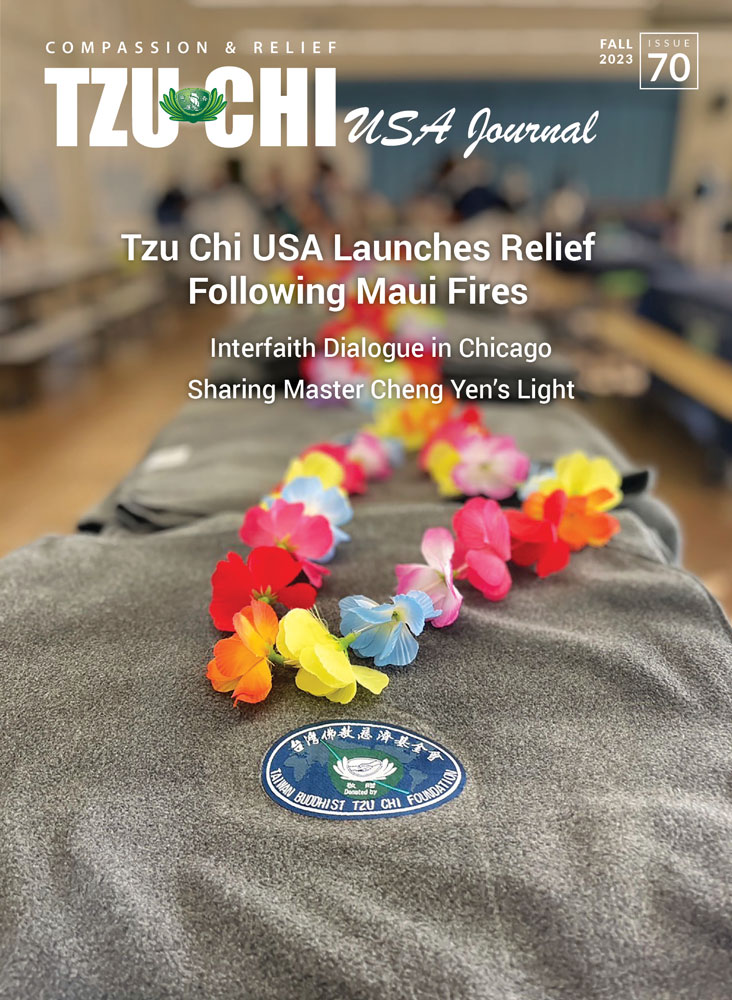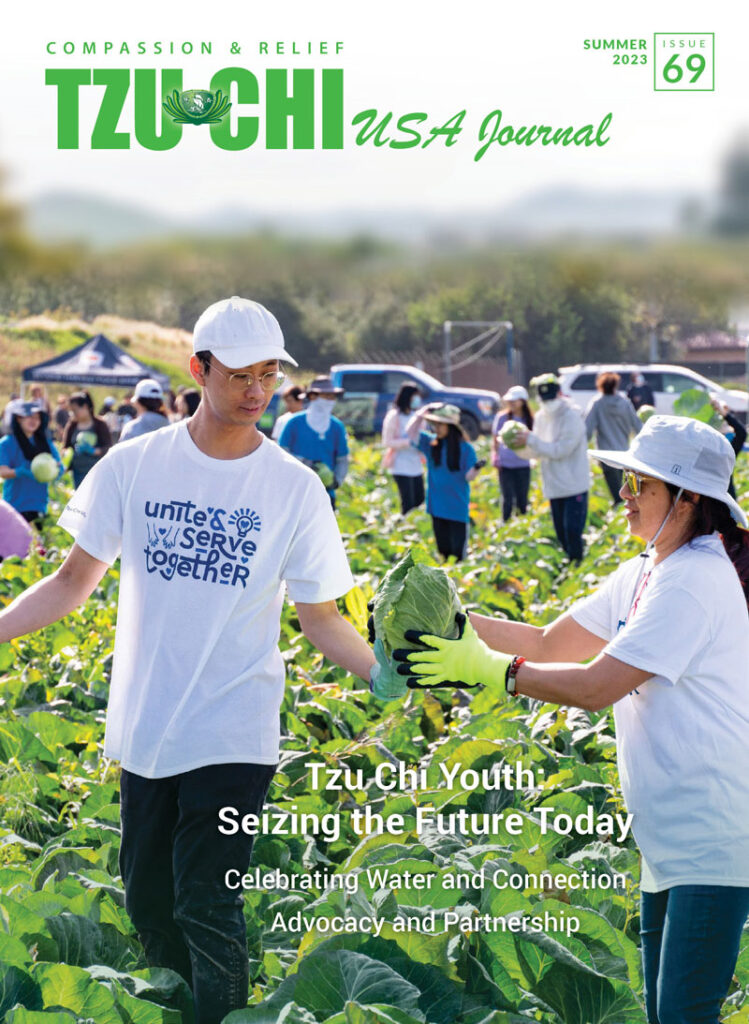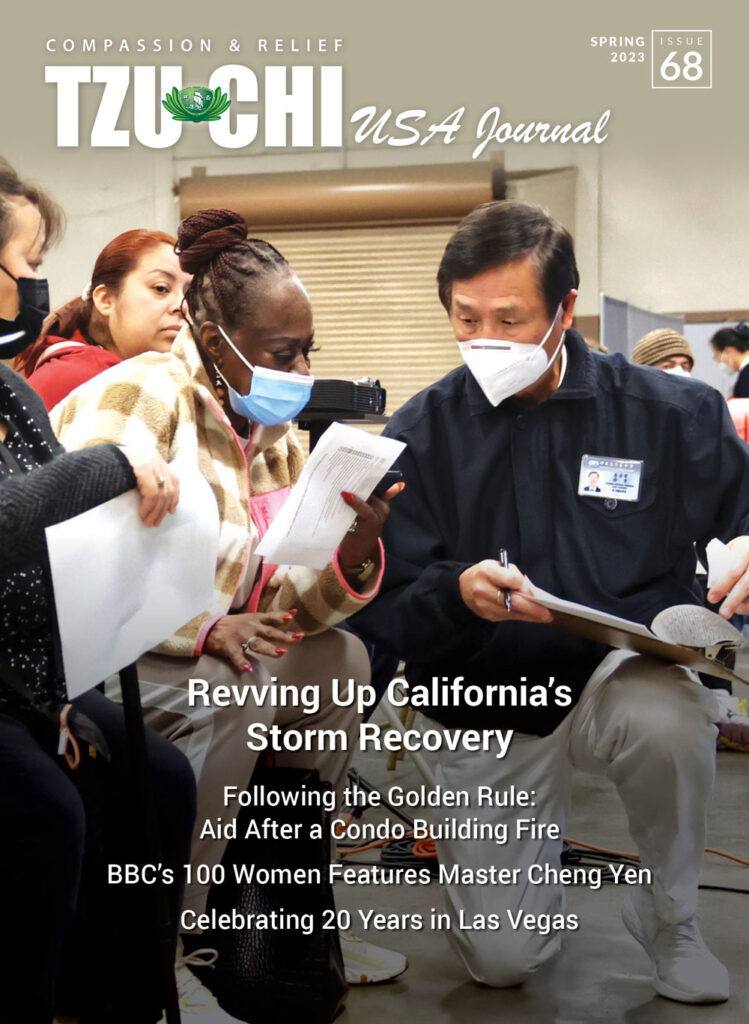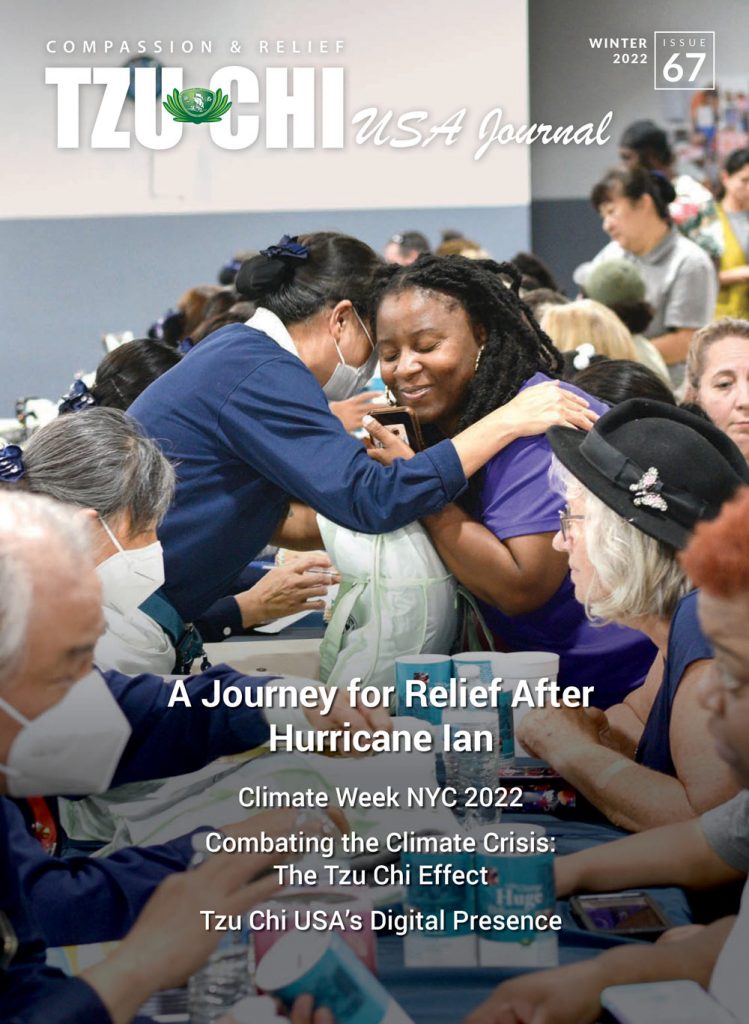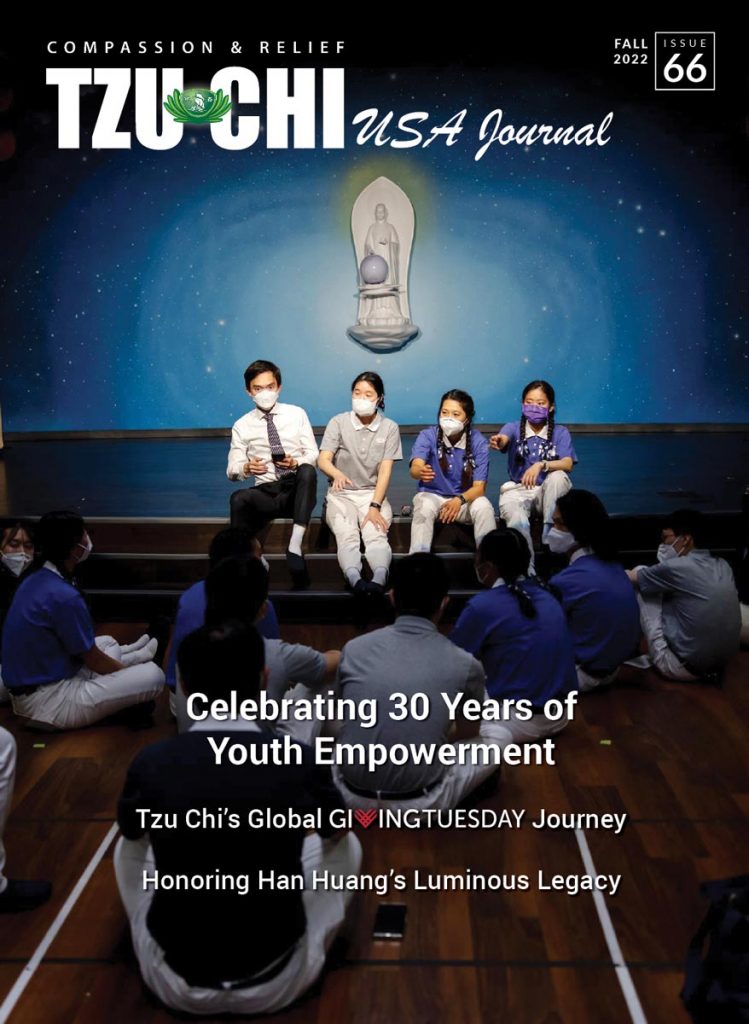Celebrating Water and Connection: Tzu Chi Hosts UN 2023 Water Conference Side Event
Written by Anna Sipek and Ida Eva Zielinska
Published #69 | Summer 2023 Issue
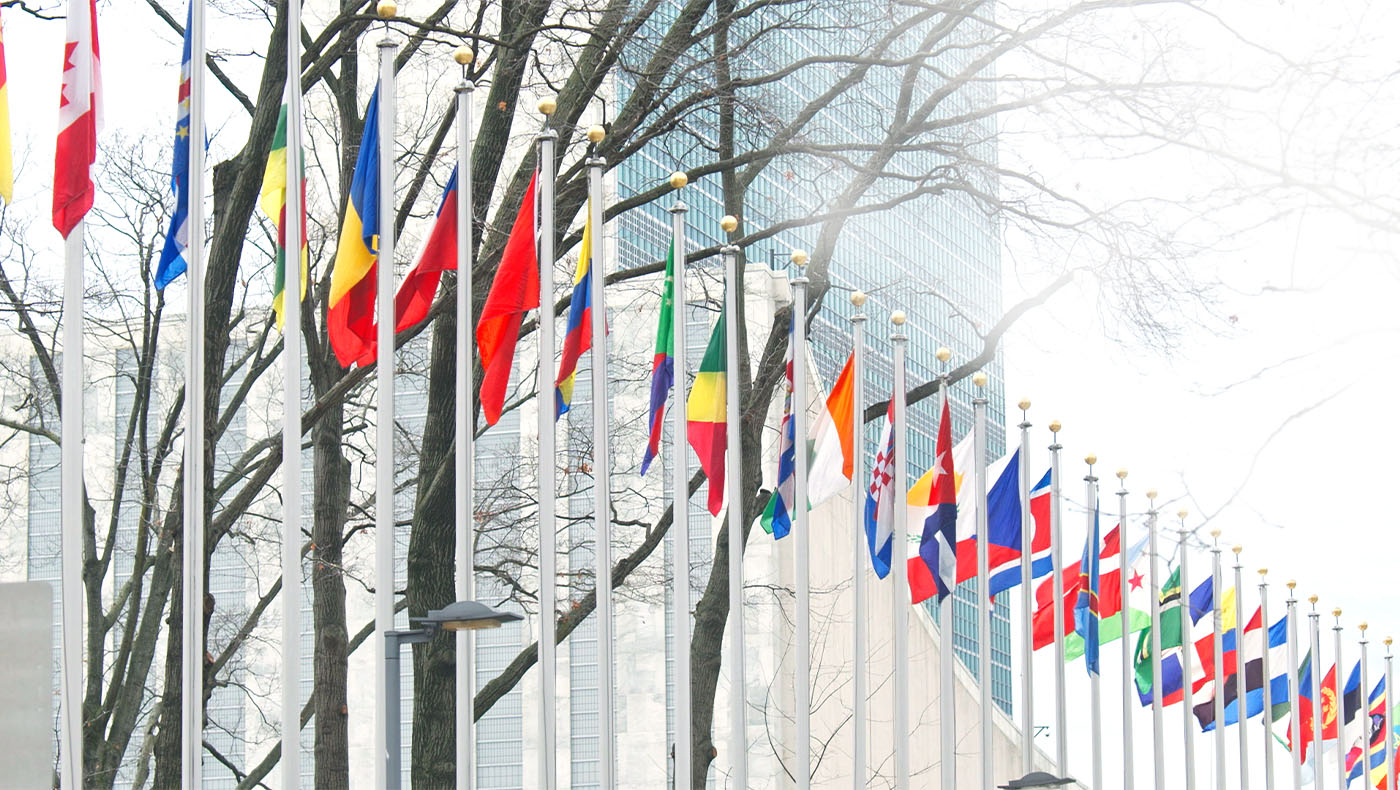
The UN 2023 Water Conference in New York City gathers participants from around the world. Photo/Tzu Chi USA Media Team
Gathered together, the participants breathe in sync, their exhales, waves crashing on the beach. The meditation leader prompts them to inhale once more, reminding all of the cyclical nature of both water and existence. In March, the Tzu Chi Center for Compassionate Relief in New York City hosted a two-day United Nations 2023 Water Conference Side Event, Water for Healing, Justice and Action: Building Blocks of a New Resiliency Paradigm
The UN 2023 Water Conference was co-hosted by Tajikistan and the Netherlands and ran from March 22 to 24 at UN Headquarters in Manhattan. It included opening, closing, and plenary sessions, interactive dialogues, and side events organized by participants.
Tzu Chi’s side event, held over two days on March 24 and 25, was co-organized by SCEN (Southeast Climate & Energy Network) and AHAM Education, a nonprofit whose name is an acronym for the Art of Happiness and Mindfulness and the Academy of the Heart and Mind. It brought together activists, experts, and spiritual leaders from around the world to fight for the sanctity of water.
The two-day agenda included panel sessions, three held at the Tzu Center and one at the Baha’i International Community’s offices in UN Plaza. The event concluded with an opportunity to practice Blue Mindfulness. All combined, the program’s sessions championed the primordial nature of water and why we need to respect and protect it, guaranteeing access to all.
We are water, and water is our medicine, and when we don’t have that relationship with the water, our waterways get polluted, it affects our drinking water, and people are denied access. Water is so important. It connects all of us across the planet, and we need to have that relationship with it.
Cathleen Dean
Emmy Award-Winning Filmmaker
Seeking Water Justice
The opening session at the Tzu Chi Center on Friday, March 24, “Water Justice – Decolonizing and Restoring Intergenerational Relationships to Water for Access, Safety, and Post-Traumatic Healing,” explored the history of water relations in the United States and the role that colonization played in the disruption of BIPOC (Black, Indigenous, and People of Color) access and connection to water as a source of survival, recreation, and cultural tradition.
The session incorporated the screening of Wade in the Water: Drowning in Racism, a 15-minute Emmy Award-winning film by one of the panelists, Cathleen Dean. “It’s a documentary film about a protest that took place in South Florida to desegregate the beaches and the swimming pools, and it’s also about the historical spiritual and cultural connection people of African descent have always had with the water,” she shared.
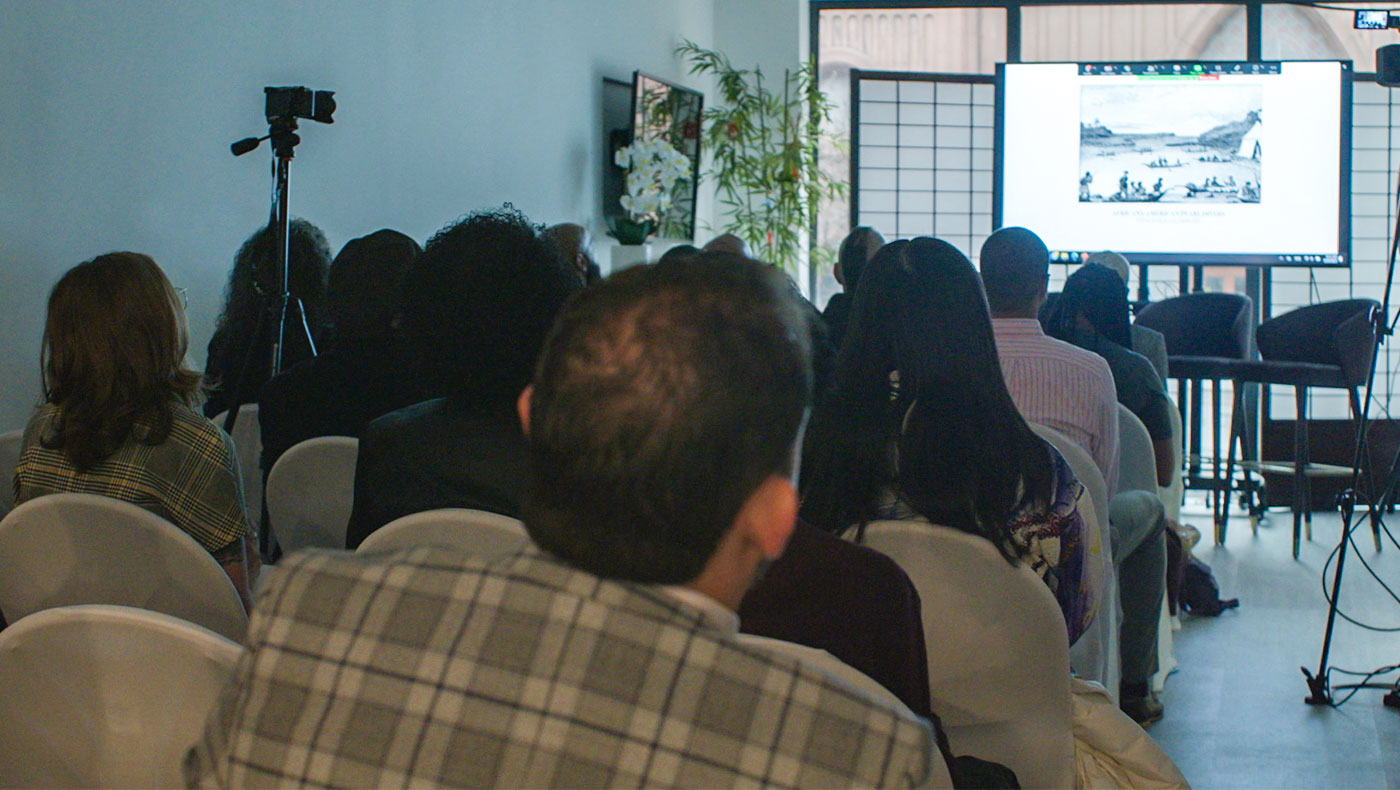
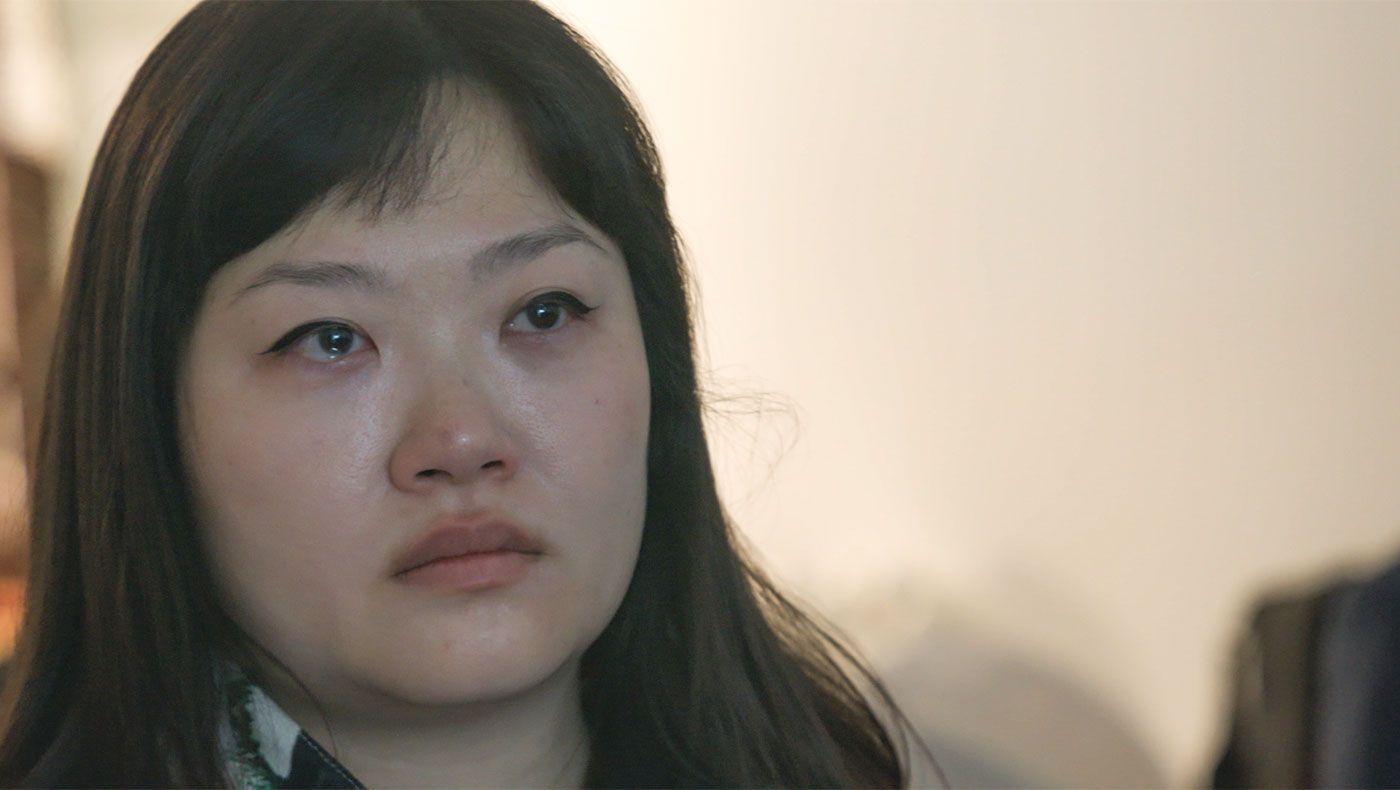
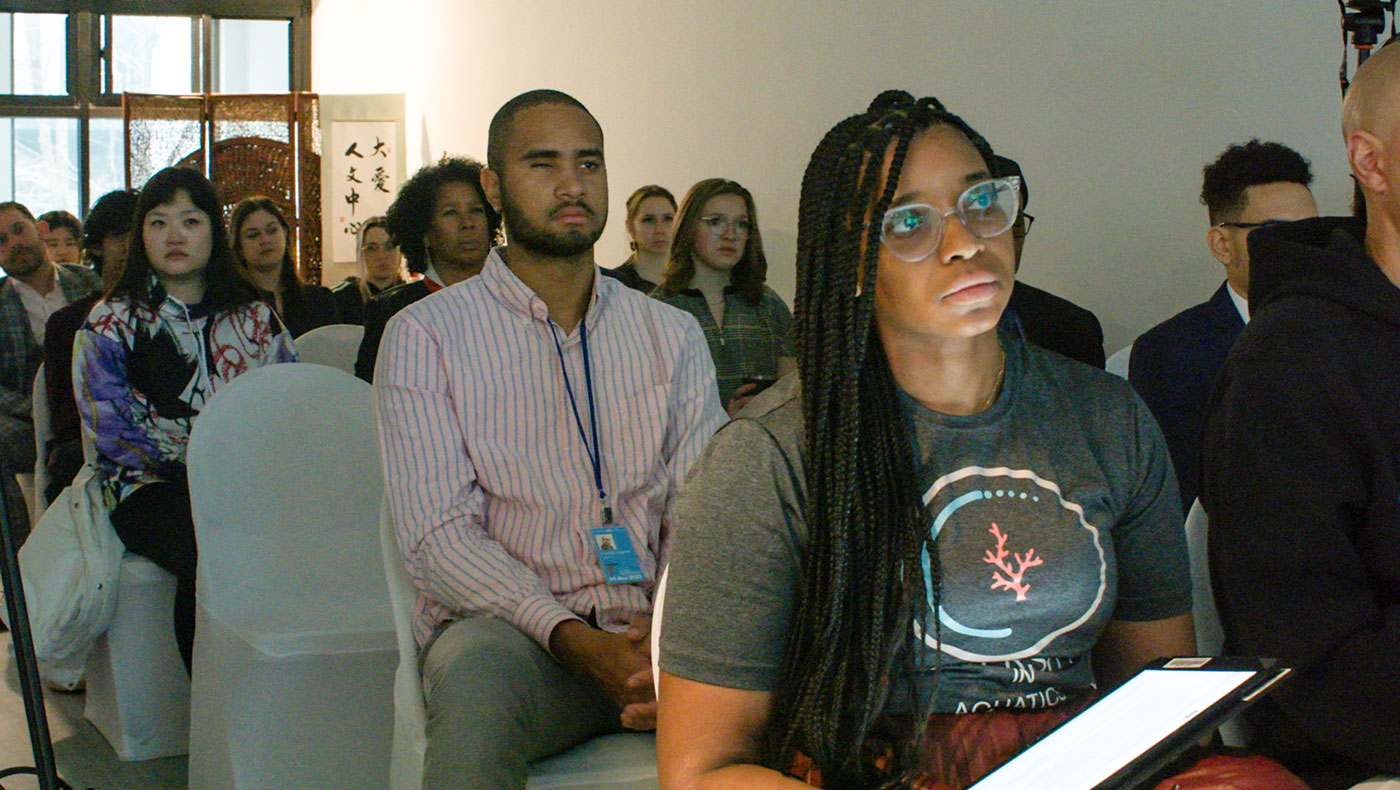
As water became something in the late 1800s and early 1900s, where people saw it as a healing benefit, they gravitated to other bodies of water and they started to create resort settings around them. But as they developed those spaces, they wanted to restrict them and create spaces which are exclusively white. And when they did that, it had an impact. It had an impact on black and brown communities and their continued relationship and traditions and customs and access to water.
Thaddeus Gamory
Director of Community Engagement
Diversity in Aquatics
Among the consequences, as panelist Dr. Shaun Anderson from Virginia’s Norfolk University, a global spokesperson on diversity in swimming and aquatics, pointed out, African Americans in the United States are 4-5 times more likely to drown. While there are plenty of myths about why black people can’t swim, she urged us to consider how “If the only place where you can swim is the worst beach with bad currents,” it will have an impact. The four panelists presented ongoing efforts in the Black community to restore BIPOC relationships to water and water culture through education on water history, historically black beaches, water safety, and learn to swim and lifeguard training programs.
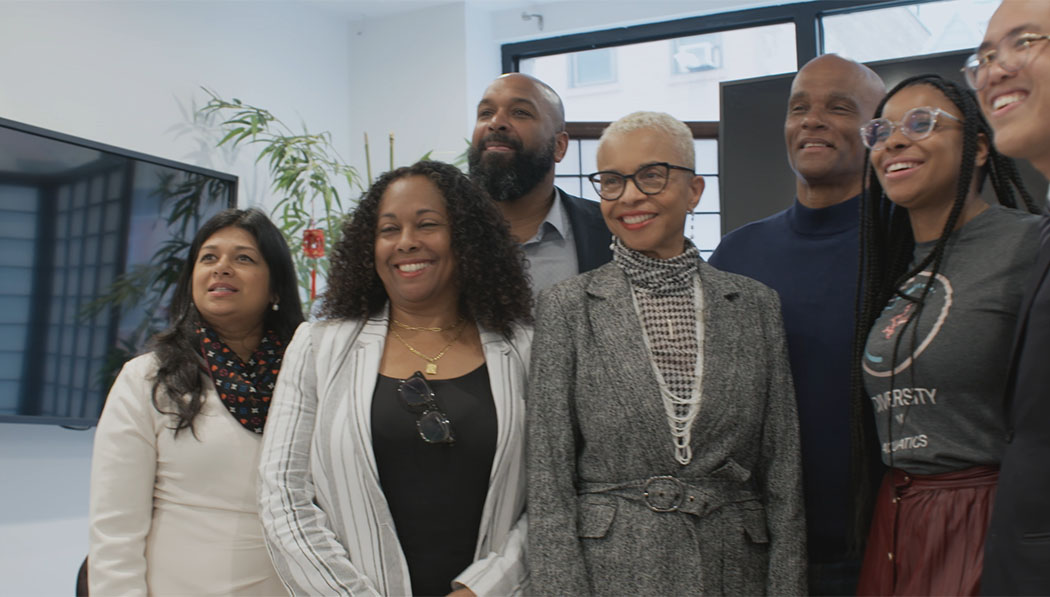
Filmmaker Cathleen Dean explained how she has been using her documentary to help dispel the myths that black people can’t swim. Alas, “as I’ve shared this film with people around the country, I’ve heard trauma experiences,” she recounted. Thaddeus Gamory, the founder of Mind Body Aquatics and Blue-Mindfulness Training, described how blue mindfulness trauma-sensitive and restorative healing practices near pools and waterways are empowering people of color to heal, become water healers, and lead in aquatic industries. “Whether you are in the water, on water, or near water, you can have healing effects,” he said.
Gamory added that awareness of the breath amplifies the experience, which panelist Dr. Carol Penn, a board-certified physician, and Mind-Body Medicine expert, echoed, stating, “One of the ways of healing, it’s so beautiful and powerful, is that we can teach people to use their breath again.” Moreover, breathing practices help heal the nervous system while fostering a sense of community when done in a group. “It creates a connection, and we’re designed that way, to do things that are cooperative, in harmony with, and have a feeling and a sensation of that, it bonds us even if it’s just for the moment,” Gamory explained. Indeed, as the audience joined together to breathe in unison, in, then out, they felt the effects firsthand.
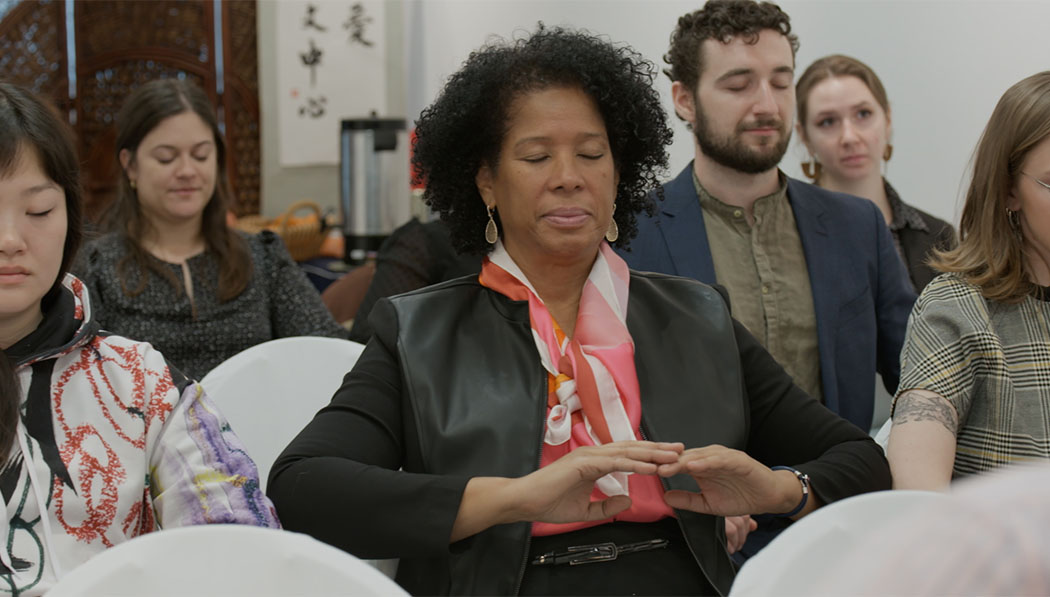
Elevating Indigenous Perspectives
Friday’s second session, “Elevating Indigenous Perspectives, Knowledge and Action for Water and Nature Conservation in the Americas,” was held at the Baha’i International Community’s offices in UN Plaza. It started with a screening of The Shemelca Serpent, a documentary short about the biosphere of the Rio Platano region in Honduras, and the story of how conservation efforts by indigenous biologist Wildres Wood are integrating indigenous wisdom.
The panel then explored how indigenous nations have cared for waterways for thousands of years and now struggle to protect ancestral and unceded territories from further decline. Session participants could gain some experiential insight into indigenous principles and practices that can guide us as advocates of respecting indigenous land and reducing water contamination.
Industrialization, colonization, pollution, and privatization continue to play a role in degrading our limited water supply. As countries worldwide continue to put profit over people, we have seen an increase in tainted water supplies. This backward prioritization doesn’t end at the national level. The UN, too, is guilty of it; as one panelist, Jason Crazy Bear Keck, co-founder of 7 Directions of Service, an Indigenous-led environmental justice and community organizing collective based on Occaneechi-Saponi homelands in rural North Carolina, noted, “It’s give them five minutes while Coca-Cola has an hour.”
While some may believe enough money will be able to buy their way out of dealing with contaminated water, the truth is the water crisis impacts everyone. “If we think that if we are presidents, ministers, we are not affected by water,” affirmed panelist Emily Miki, a Cameroonian activist and Founder/CEO of Denis Miki Foundation, a nonprofit organization working to develop poor and underdeveloped communities through capacity building, education, talent promotion, and wealth creation, “this is foolish.”
There is plenty of evidence to back this up. Per- and Polyfluorinated Substances (PFAS), a group of cancer-causing chemicals produced by manufacturing processes, have infiltrated most water sources and the blood of nearly all Americans. At the end of the day, what happens to our water supply happens to all of us. As many pointed out throughout the conference, we are all so dependent on water that humanity and water are virtually inextricable, and it might be time to start recognizing that.
“We think ourselves not apart from nature,” said Miskito leader, biologist, and activist Wildres Wood, “We are the same.” This perspective, called eco-affinity, has the potential to completely alter many people’s relationship with the natural world, from one based on extraction and capitalist profiteering to one of fond mutual respect.
“We ask permission to hunt, to fish, to take plants,” explained Wood. Recognizing the inherent value and personhood of nature is something many indigenous tribes partake in and often leads to a more eco-friendly stance. “[Indigenous peoples] recognize as a whole that we have to reject these things that are killing us,” said Crystal Cavalier-Keck, co-founder of 7 Directions of Service. As if unanimously, the panelists agreed: It is time to decrease production and consumption in favor of a more sustainable, earth and people-friendly existence.
Cultivating Eco-Affinity
The first session on Saturday, March 25, “Eco-Affinity: Water and Climate Activism through Contemplative and Faith-Based Practice,” held back at the Tzu Chi Center, opened with a trailer for Healing People Heal the Planet, an Exposure Labs-funded documentary short by AHAM Education and BlackCat Media showcasing how mindfulness practice or “eco-awareness” can lead to “eco-activism” and climate justice action.
In the panel discussion, the speakers, representing several organizations, unpacked the concept of “eco-affinity.” It essentially translates into a love of nature or a sense of “being nature” that becomes naturally embodied due to deep contemplative and faith-based practice, especially in natural settings.
Eco-affinity is to have a sense of love, an appreciation for the natural world, right? To say that being in a relationship with the world I live in, I have a more profound appreciation and mindfulness of how I interact with this thing. And in thinking about a better way of living, I think we come back to this relationship with water where as long as we’re honoring the water, we will naturally want to find better ways to live in this world.
Steve Chiu
Tzu Chi Representative to the UN
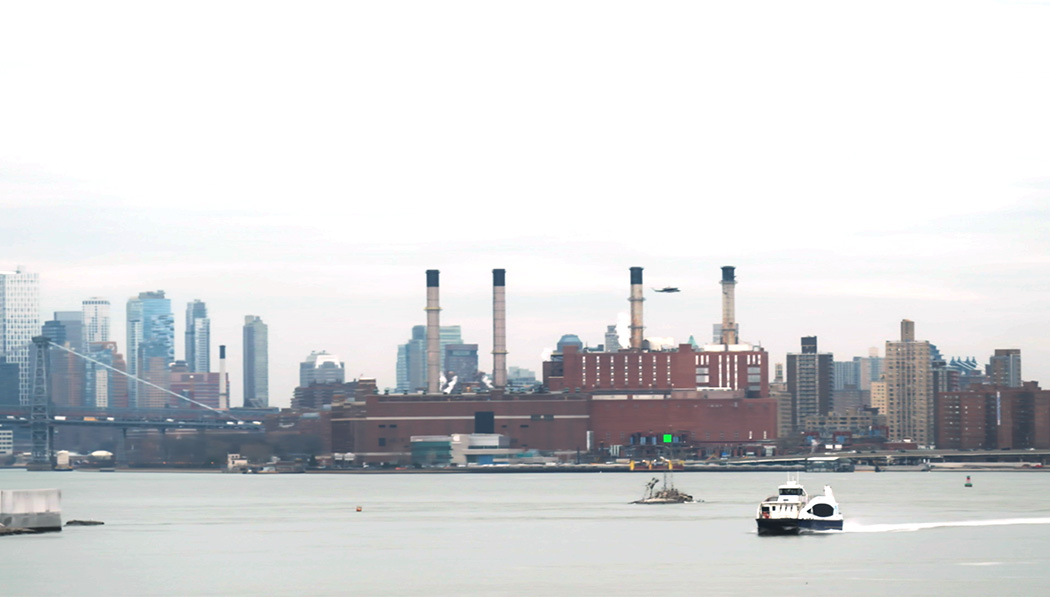
The panelists provided examples of eco-affinity enhancing practices, such as Be Nature retreats or mindful beach clean-ups by AHAM Education and partners, compassionate eco-action through volunteerism and service by the Buddhist Tzu Chi Foundation, or the cultivation of kindness to nature as oneself by the Brahma Kumaris, a worldwide spiritual movement dedicated to personal transformation and world renewal.
Ultimately, the session’s call to action was to embrace a new paradigm of activism. Rather than choosing fear-based and anxiety-producing approaches to facing water and climate challenges, we can rebuild affinity with nature and water to catalyze healing and motivate positive eco-transformation for people and the planet.
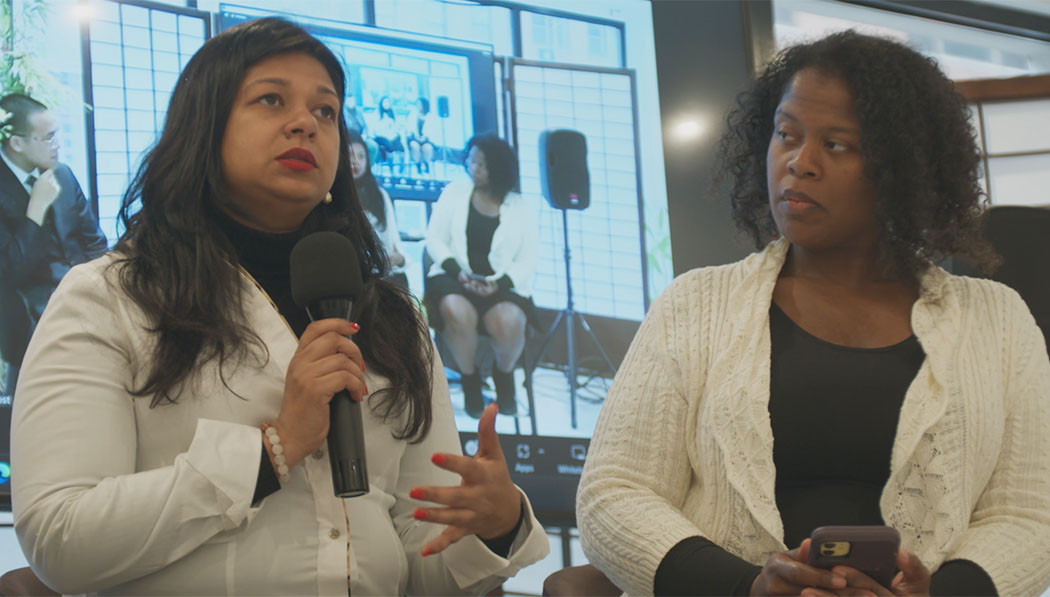
“We are immersed in this paradigm that we believe growth is good. Growth is good. Growth is acceptable,” author and Mindfulness Meditation and Mindful Living educator Piero Falci said in a statement pre-recorded and played during the session. “[But] What exactly is growth? It’s the growth of production, the growth of consumption. We need to promote ideas such as ‘small is beautiful,’ and ‘less is more.’”
Reverend Dallas Conyers, Justice, Equity, Diversity & Inclusion Manager at SCEN, who was the session moderator, added the insight that “Consumerism and growth are attractive because people are lonely. There’s so much more and something greater for us to tap into.” Others picked up on the need for a greater sense of being part of nature.
This separation that we tend to walk around with, of, there’s me, and then there’s nature, and then there’s another person. But if I am walking through the world and I really have a sense of connection, then what happens is I have… I feel like I have no other choice but to take care of it.
Knellee Bisram
Founder & CEO
AHAM Education
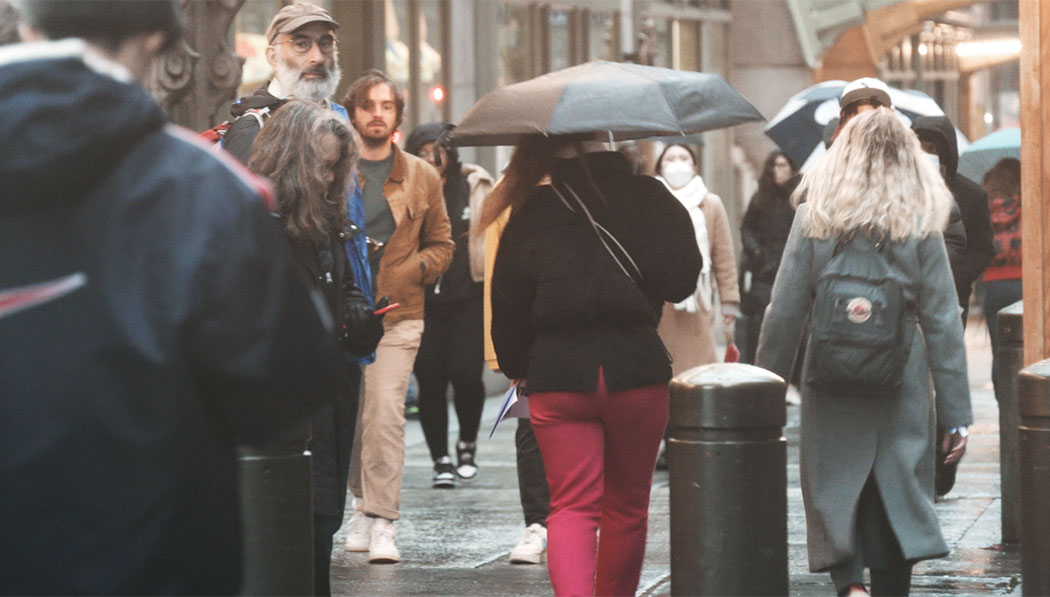
Picking up the thread, Juan Vazquez, the Brahma Kumaris’ representative at the United Nations, pointed out how water is not just out there, “Water is subtle in our bodies. We don’t see it in our bodies,” but it’s there. Knellee Bisram echoed that by saying, “Taking care of water and the planet is the same as taking care of ourselves.”
Championing Transformative Action
The fourth and final session at the Tzu Chi Center, “Community-Based Water and Climate Transformative Action,” presented a culmination of learning about BIPOC history, Indigenous perspectives and actions, and eco-affinity. Together, attendees synthesized the conversations co-created in each session and their learning from participation in the UN Water Conference.
They explored the convergence of solutions that can be applied “globally” through personal transformation as citizens, community-building and mobilizing through education, and legislative action that honors history and ancestry. Transformative action also means that water resiliency activism draws from wisdom and healing to make it sustainable for the people and the planet. The panel and audience aimed to co-create recommendations and feasible action steps that will take us forward based on best practices in the field.
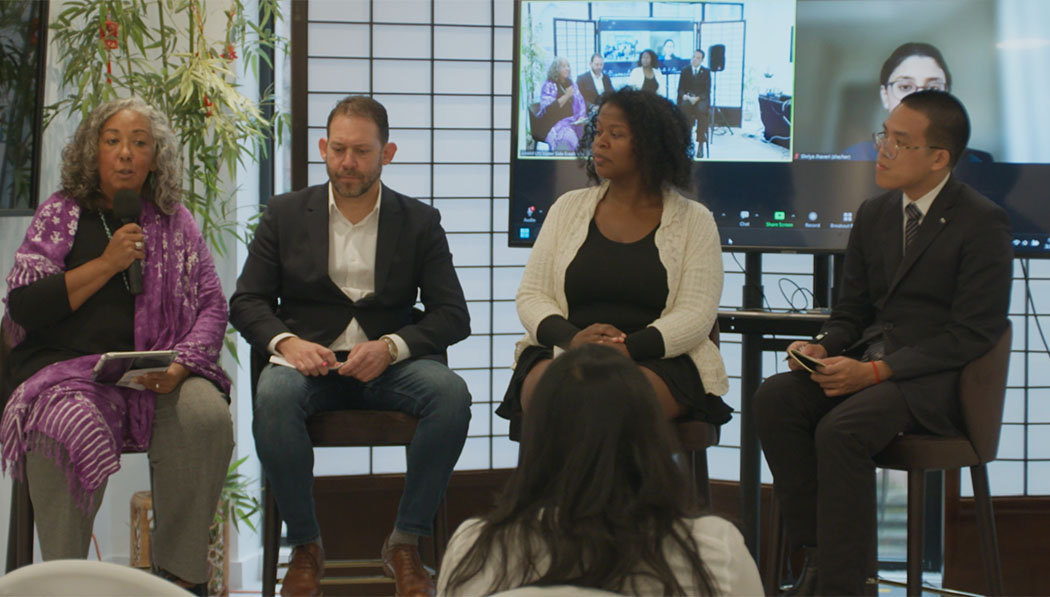
Looking back on the experience, panelist Idelma Quintana, a City of Hollywood Commissioner from Florida, remarked, “One of the reflections I had was just how much agency we have in creating public spaces that honor the nature that’s already there.” And yet, she saw room for improvement, adding, “If, for example, city planners could plan a city with eco-affinity as one of the values, it would look really different from what we’re currently living with.”
Above all, they called for action, personal, collective, and leadership. Session moderator and Tzu Chi representative to the UN, Steve Chiu, proposed, “If we truly want to reform systems, we need to rethink who is at the helm. We are in this fight together, and we need to share our networks and our resources and amplify that message.”
Panelist Rev. Dallas Conyers, from SCEN, brought up obstacles to public participation. “It’s not that people don’t have the political will. It means that multiple people have been systemically stripped from power,” she explained, “What we need is a systemic overhaul of what is oppressing people not to be able to engage in a meaningful or substantive way.”
Alexander Easdale, SCEN Executive Director, brought up lags in motivation, “I think right now so many people don’t see the benefits of participating.” And yet, “If we actively participate, we can actually make it work to our benefit,” he said, and made a plea for “Doing this work with love.” Idelma Quintana reminded all about the importance of the work and the impact of not undertaking it, “We’re all on this planet, and we’re all going to suffer the consequences.” Steve Chiu summarized the call to action succinctly, “Our choices matter. Our participation matters.”
After many long discussions, joyful meals, and meditative gatherings at the Tzu Chi Center, the panelists, organizers, and activists gathered one last time in the rain to celebrate water and connection. Once more they breathed in, and out, another wave crashing on the beach.
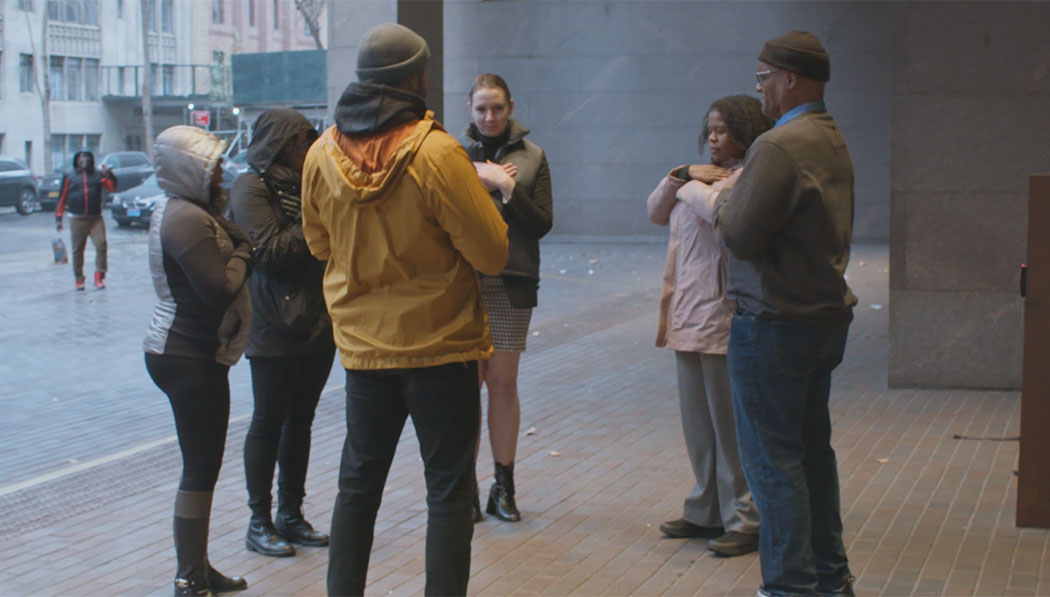
Water Was Equally an Honored Participant
The final session of the Water for Healing, Justice and Action: Building Blocks of a New Resiliency Paradigm UN 2023 Water Conference Side Event, presented an opportunity to try Blue Mindfulness. Hosted by Diversity in Aquatics, participants experienced trauma-sensitive healing facilitated by Thaddeus Gamory, who was a panelist during the side event’s first session.
This concluding session, held in the rain, in concert with the presence of the East River adjacent to UN Headquarters and just a short walk from the Tzu Chi Center, had brought the sensual experience of water to the fore, elevated it from simply being a topic of discussion. Indeed, water was also an active presence and participant, with its myriad of sounds and soft or powerful touch – primordial, healing, and a force to be reckoned with, protected, and respected.
SHARE:

